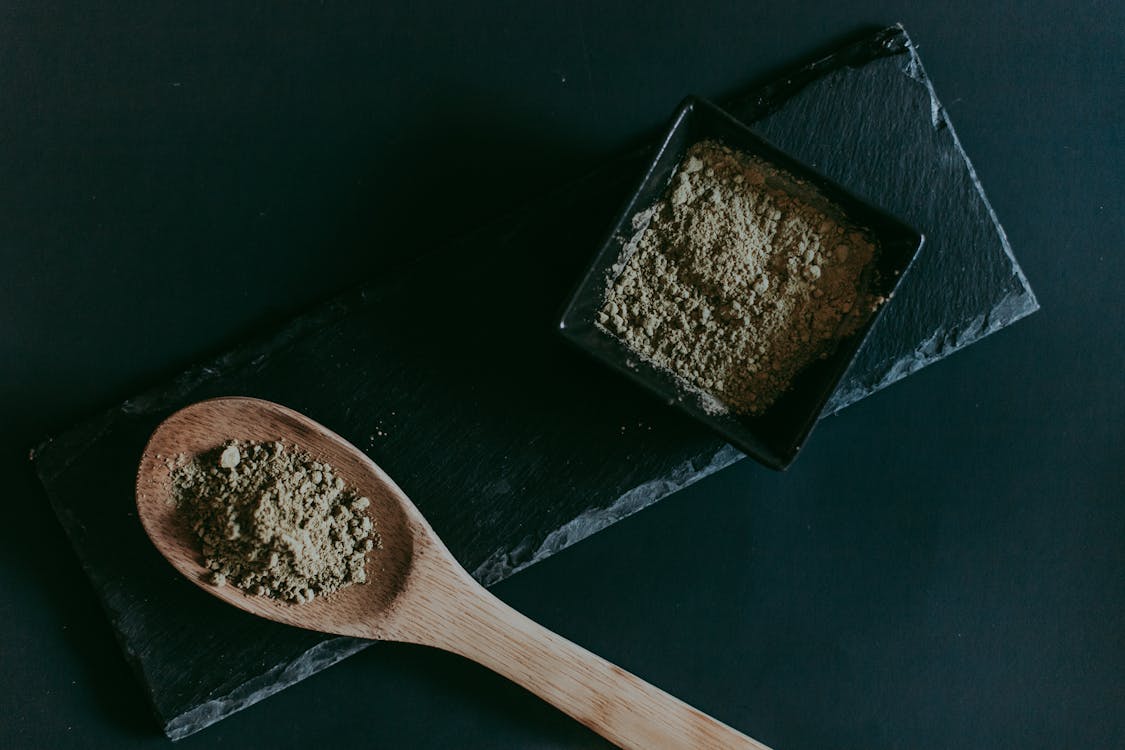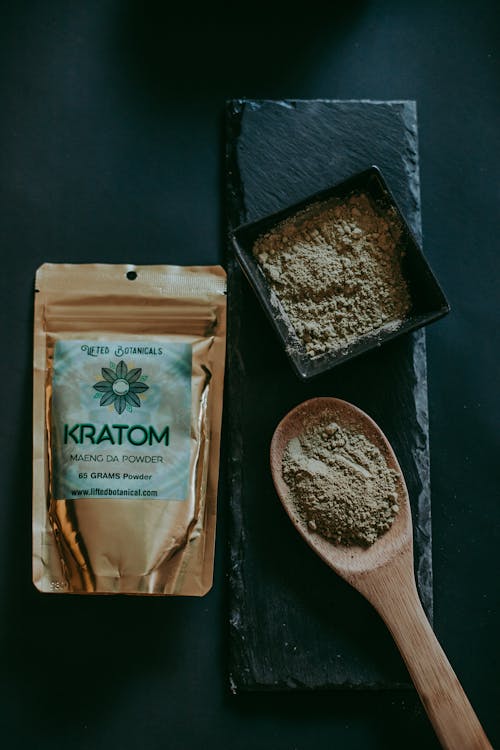
Native to Southeast Asia, Kratom is an herbal plant found in Malaysia, Indonesia, and Thailand. For centuries, the leaves were used in traditional medicine. Indigenes of these places chew kratom leaves for energy and to improve their mood.
Over time, kratom has found its way to various parts of the world. It is one of the significant ingredients in energy pills, making it the focus of recreational use. This makes kratom a controlled substance in many regions, with more research ongoing to understand its nature.

Photo by Laryssa Suaid from Pexels
Even though some people believe that one cannot become hooked on kratom, that is not true. There are kratom withdrawal symptoms, which mimic the withdrawal symptoms of opioid in many cases.
Excessive use of a substance, which makes the body depend on the substance physiologically, could trigger withdrawal symptoms. In other words, the body considers the substance and its effect as a normal part of body functioning. As a result, the body thinks the chemical properties occurring in the body due to kratom use is a regular thing.
On stopping or reducing the dosage, you might experience some form of discomfort. This is when withdrawal occurs. This article aims to explore seven things users should know about Kratom withdrawal as discussed below:
Kratom Withdrawal is not Severe.
There are no severe or threatening health risks of kratom withdrawal. It, however, comes with physical and psychological discomfort that might cause a relapse. Most doctors agree that it is not worse than having a common cold.
In many cases during kratom withdrawal, there is a probability of an underlying health issue getting worse. As a result, pain and depression that follow kratom withdrawal could be heightened for someone who suffers from it before.
Know the Signs and Symptoms of Kratom Withdrawal
Part of the reason for using kratom is to boost the mood and improve pain. Even if you use only top quality kratom capsules, you cannot escape the withdrawal symptoms. As a result, when kratom gets into the body system, it alters brain chemistry. According to a report from the Scientific American Journal, kratom affects the brain's opioid receptors, similar to morphine.
As a result, kratom withdrawal might mimic opioid withdrawal with the following symptoms:
As a result, kratom withdrawal might mimic opioid withdrawal with the following symptoms:
- Runny nose
- Hostility
- Mood swing
- Bone and joint pain
With excessive dependence on kratom, there might be psychotic symptoms such as
- Delusions
- Confusions
- Hallucinations
- Seizures, etc.
For cases like this, make sure to get medical assistance.
Tapering Might be Better than Complete Withdrawal
Going cold turkey might not be the most appropriate way to deal with Kratom addiction. Quitting kratom use suddenly when it has become part of the body system could trigger discomfort. In a bid to keep up with the normal body functions, the brain suffers some rebound effect.
Tapering, on the other hand, involved a gradual reduction of the dosage over time. The idea behind this is to rebalance brain chemistry gradually. This will give it enough time to adjust and return to its natural balance, which helps smooth out the side effect.

Photo by Laryssa Suaid from Pexels
There are Communities for Support
You know those support groups for people trying to stay sober or quit one form of addiction or the other; the same exists for people who want to quit kratom. While I am not sure if physical support groups exist, or it might be out of your reach, online forums and support groups encourage people who want to quit.
These are invaluable resources that could prove tremendously helpful as you struggle with kratom withdrawal. You can find such a forum on Reddit at r/quitting kratom and r/kratom.
Withdrawal Duration Varies
A heavy kratom user will have their withdrawal period prolonged compared to someone not heavily dependent on kratom. One will generally begin to experience withdrawal within an average of 9 hours after the last dose. According to a report from National Highway Traffic Safety Administration (NHTSA), kratom withdrawal is likened to opioid withdrawal. The peak period might occur on the third day and could last until ten days, depending on a degree of dependence.
Many factors play a role in the withdrawal duration of kratom. Factors like the history of addiction, genetics do affect the drug dependency level. Medical health issues like other substance abuse (alcohol) and environmental factors (such as chronic stress, abuse, or trauma) could affect the dependency level, altering the withdrawal timeline.
Activities that Help Kratom Withdrawal
While kratom withdrawal is mild, the degree depends on the level of dependency. As a result, a person could experience many uncomfortable feelings like anxiety, depression, or tiredness.
There are simple activities that can help cope with these withdrawal symptoms. Light exercises, showers, listening to music, etc., are activities that can help relax the muscle and improve mood. A walk in the park is a terrific way to distract yourself and help with some symptoms.
One of the best ways to get through the process smoothly is to keep busy creatively. As a result, do not be tempted to stay off work or remain idle.
Detoxification Can Help
There is no point going through Kratom withdrawal alone. You can get help via a detox program, which provides a conducive atmosphere for emotional and physical support. The idea behind a medical detox is to provide the necessary health assistance that you need to get the addictive toxins and other chemical substances away from the body.
This is not an overnight process, as it requires meticulous observation and intervention to make the person stable and ready to start therapy.
Conclusion
Kratom is a potent plant held in high esteem for worthy reasons. It is a natural herb belonging to the coffee family that helps boost mood and relief pain. It is a legal plant in the United States, and there is no regulation yet on its use.
Without a doubt, there is a huge chance you will have to deal with the withdrawal effect when you stop or reduce your dosage. The good news is that the withdrawal symptoms are not severe and life-threatening so that you can manage them independently.
This is a comprehensive article that has provided adequate information on what to expect from kratom withdrawal. All In all, make sure to consult your healthcare provider if your homecare effort is not proving effective.




























